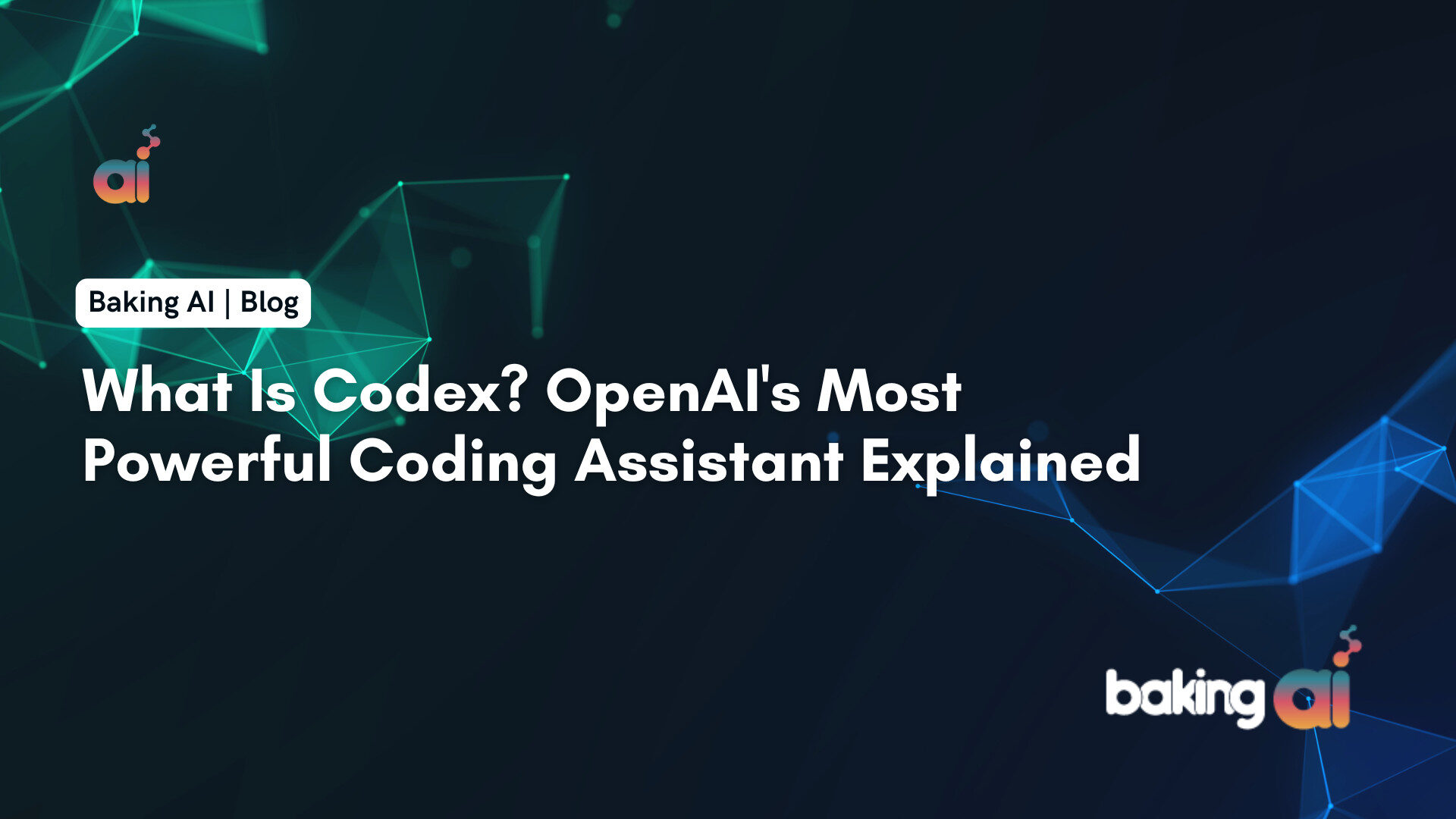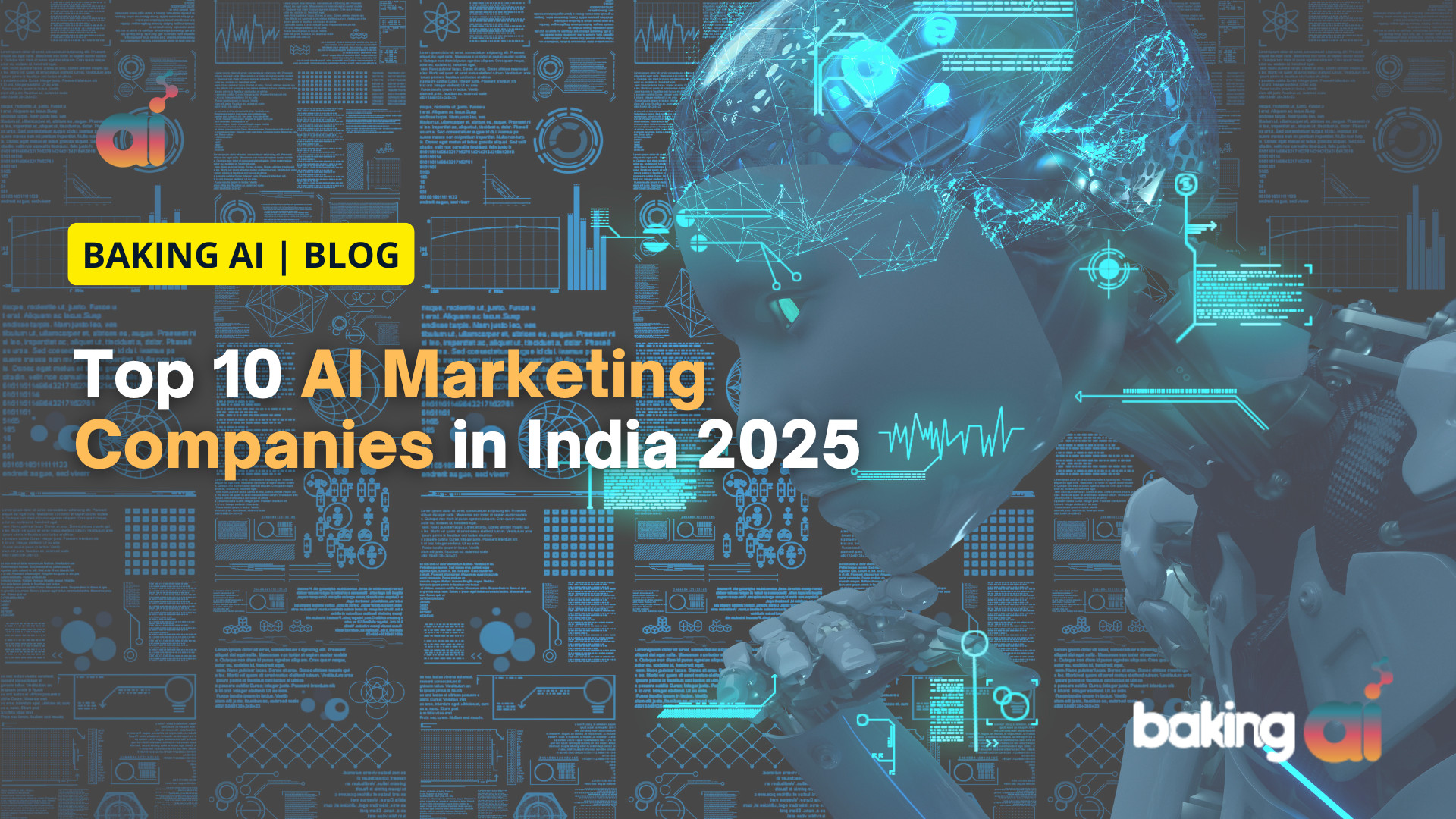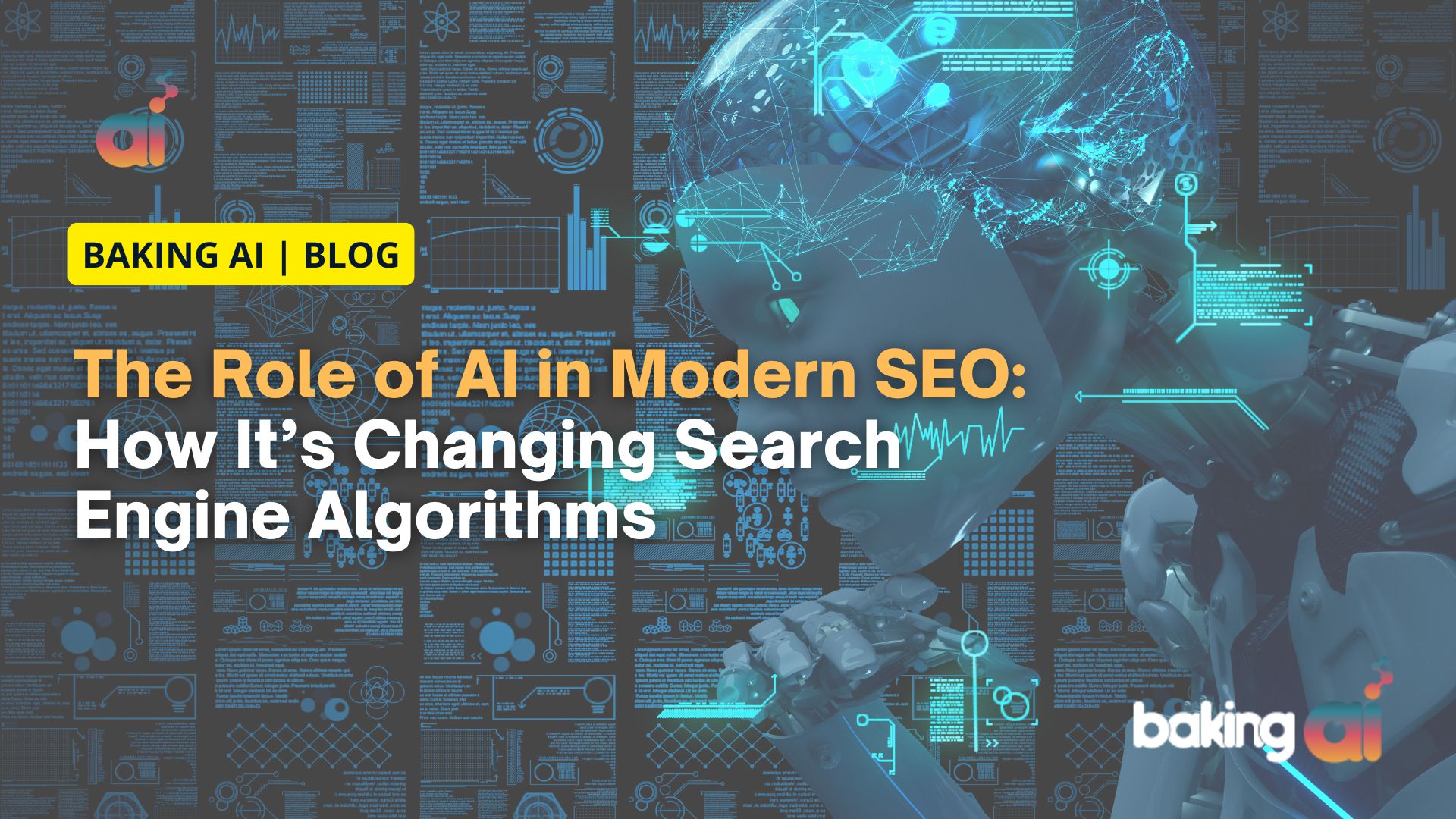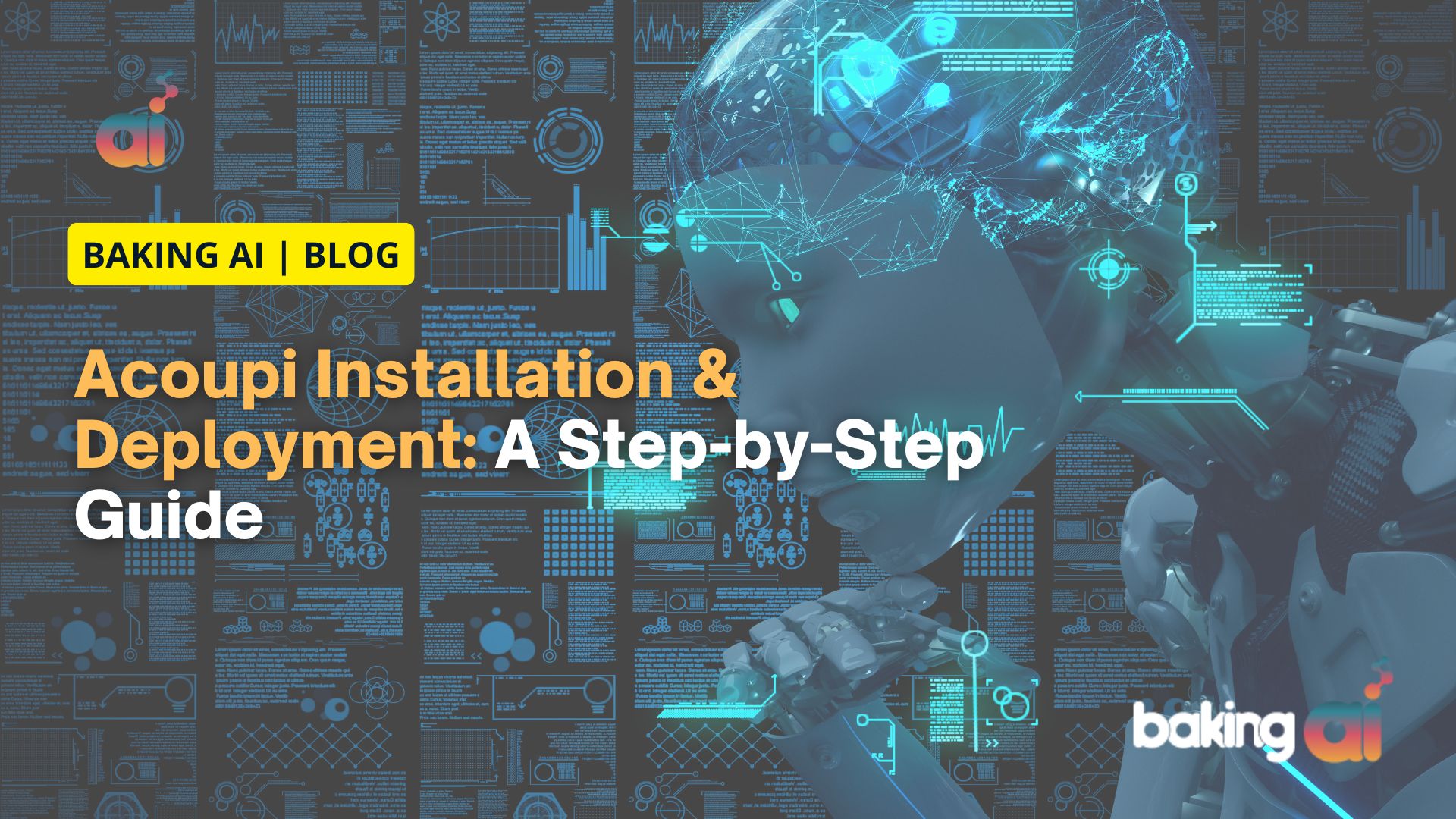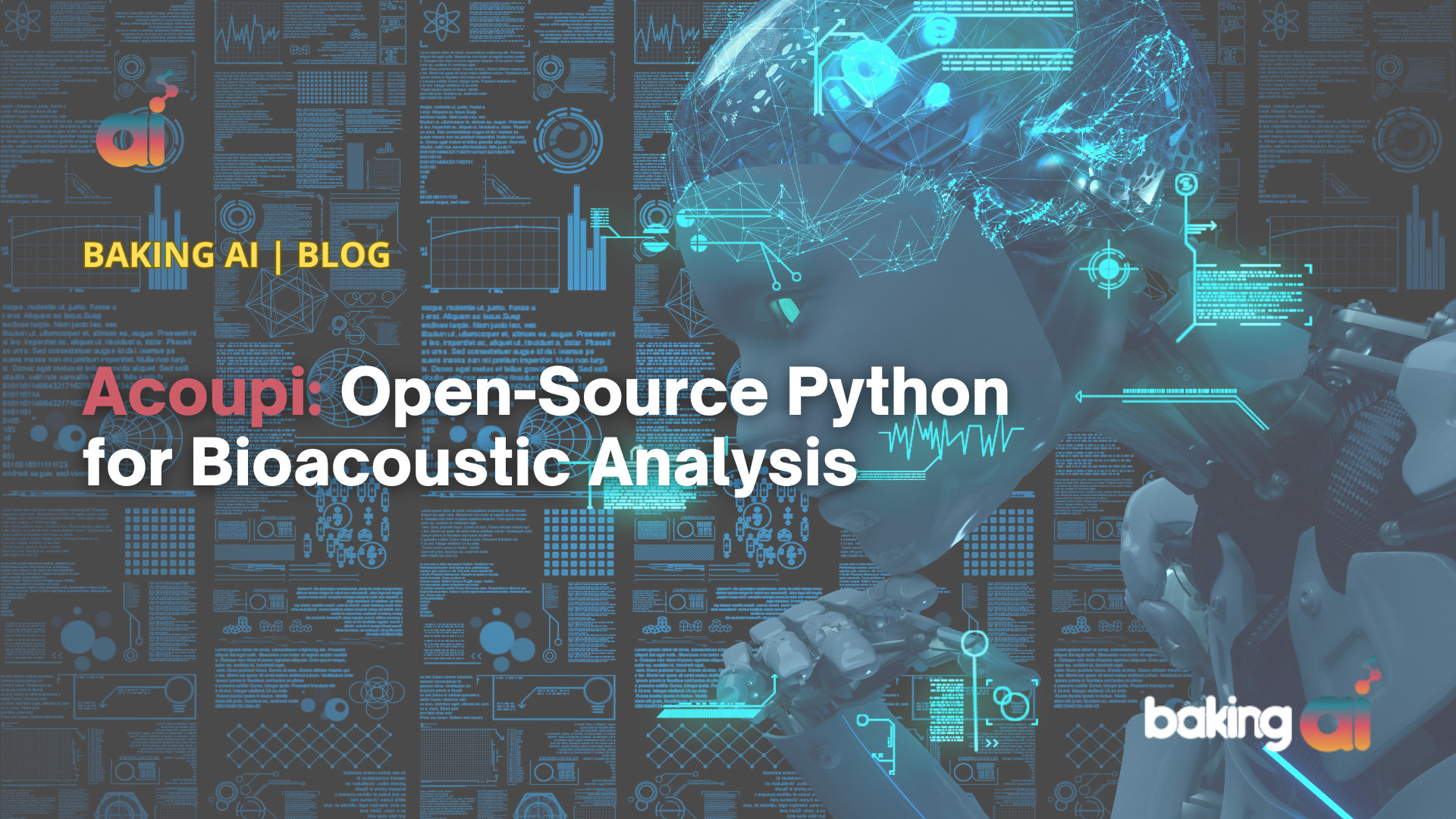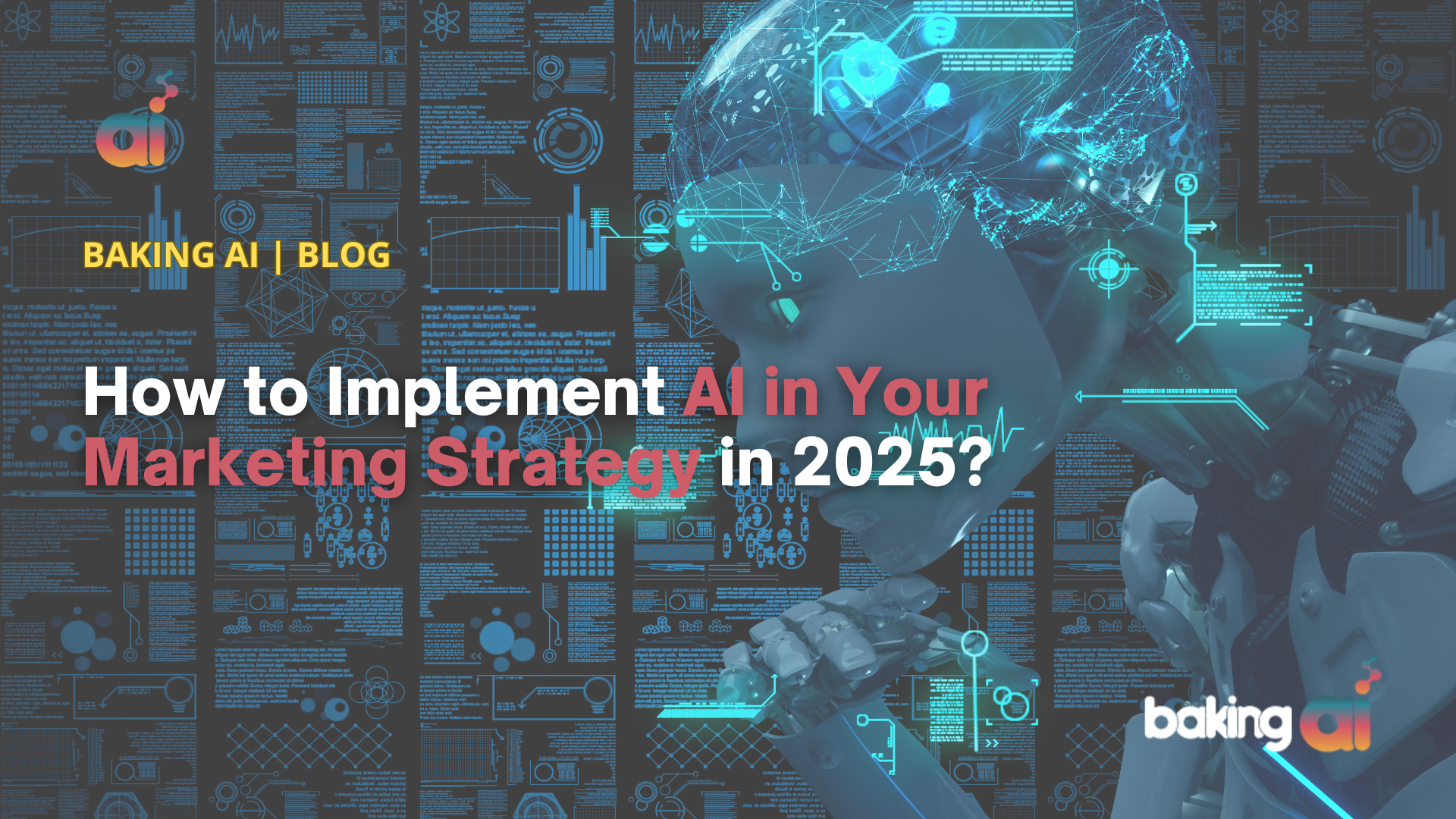Are you looking to boost your marketing efforts with cutting-edge solutions? Artificial Intelligence (AI) has you covered! Businesses can craft precise consumer profiles by tapping into advanced analytical tools powered by big data. AI-driven marketing analysis unleashes the potential of analytics and consumer data, enabling tailored messaging and outreach without constant human intervention.
Discover how AI revolutionizes marketing, explores top tools and their real-world applications, and unlocks the key to addressing marketing challenges effectively.
What is AI in Marketing Analytics?
AI in marketing involves using technology to make informed decisions based on collected information, market research, and understanding changes in customer behaviour or the economy that could impact marketing strategies.
These AI tools use data and customer insights to understand how to better engage with clients, delivering personalized ads at the right moments without needing constant input from the marketing team. Many marketers now rely on AI for analyzing data, supporting their teams, and handling strategic tasks that require less manual information.
By leveraging AI-generated suggestions, marketing efforts can see improved results while reducing the workload on marketing departments, making things more efficient and effective.
Importance of Marketing Analytics
Running a successful business requires clearly understanding your competition and those who buy from you. Before launching any marketing campaigns, studying your competitors and knowing your target audience is crucial. Here are some ways that analyzing data through AI can help:
- Understanding Market Performance: By digging into how your products are doing out there, you can learn what makes them stand out and where the opportunities lie. Talking to customers or gathering feedback can help tailor products to meet their needs better, boosting sales.
- Knowing Your Audience: Data can tell you a lot about the people buying from you—like who they are, what they usually do, and what they find challenging. Understanding your audience helps you tailor your offerings to suit their preferences better.
- Informed Decision-Making: Having insights into various marketing strategies—like social media, emails, or ads—helps decision-makers make more intelligent choices. This means understanding both significant market trends and specific methods that work for your audience.
- Staying Updated: Keeping an eye on industry changes through analytics helps a business evolve with shifting consumer behaviours. It guides the development of new ideas and keeps your business relevant in a changing market.
3 Types of Marketing Analytics
Marketing analytics involves analyzing a business or company’s marketing strategies. It can be categorized into three main types:
- Descriptive Analytics: This type looks at past data to summarize and understand how a business has performed. It helps by showing what happened and why. It’s like looking at a story of what the company has done before to determine what worked and what didn’t.
- Predictive Analytics: Instead of just looking at the past, predictive analytics tries to guess what might happen in the future based on what happened before. It’s like using patterns from old stories to predict what might happen in new ones. This helps businesses plan and avoid possible problems.
- Prescriptive Analysis: This one goes a step further by not just predicting the future but also suggesting what the business should do to get the best outcome. It’s like having a guide that tells a story and gives advice on how to improve it.
These three types help businesses understand their history, plan for the future, and make intelligent decisions to improve their strategies.
Applications of AI in Marketing Data Analytics
AI plays a crucial role in marketing analytics across several areas:
- Predicting Customer Behavior: AI-driven predictive analysis helps anticipate how customers might act. It assists in understanding customer preferences and behaviours, which allows businesses to tailor their strategies for better engagement and improved conversion rates.
- Sorting Customers into Groups: AI uses intelligent algorithms to categorize customers based on their behaviours and preferences. This segmentation enables marketers to create more personalized campaigns that resonate better with specific customer groups, enhancing engagement and loyalty.
- Tailoring Experiences: AI helps create detailed customer profiles by analyzing past purchases and behaviours. This information allows marketers to customize advertising, promotions, and product suggestions, catering to individual preferences. This personalization boosts engagement, conversions, and overall ROI.
- Improving Campaigns: AI analyzes historical campaign data, customer information, and market trends to optimize future strategies. It identifies the most effective tactics, channels, and content, allowing marketers to fine-tune their approach for better targeting and personalized communication.
- Understanding Public Opinion: Sentiment analysis, powered by AI, digs into vast amounts of data to understand how people feel about a business or industry. It provides insights into consumer opinions, allowing enterprises to gauge public perception, track trends, and even assess sentiment towards competitors.
These AI-driven insights aren’t just about marketing jargon—they’re about leveraging technology to understand customers better, personalize experiences, and make informed decisions that ultimately improve engagement and business outcomes.
Integration of AI in Marketing Analytics
Starbucks
Starbucks relies on AI-driven predictive analytics to gather and analyze customer data through its loyalty programs and mobile app. This information helps the company track purchase histories, enhancing the consumer experience. Their AI platform, DeepBrew, aids in strategic decision-making, such as selecting new store locations, optimizing labour allocation, and managing inventory efficiently. Interestingly, Starbucks aims to use AI not to replace but to enhance human interaction, focusing on inventory management and operational efficiency to strengthen connections between customers and the business.
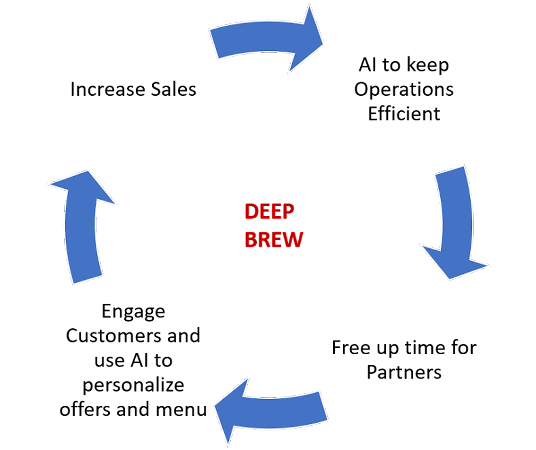
BMW
BMW has embraced AI as a core element in its operational and marketing strategies. They leverage big data to drive various aspects, from marketing and customer service to design and development processes. With predictive analytics, BMW is advancing future car designs, incorporating AI into a sports car that adapts to users’ preferences and adjusts internal systems accordingly. Additionally, BMW has introduced an intelligent personal assistant that mimics smartphone interactions, estimates traffic, provides alerts, acts as a voice-activated guide, and integrates with other applications to enhance the user experience.
Both Starbucks and BMW exemplify how AI-powered analytics significantly impact businesses by improving customer experiences, operational efficiency, and product development while maintaining sight of the human element in their interactions and services.
Top Trends in Future of AI in Marketing Analytics
1. AI-Powered Insights: Artificial intelligence remains key in analyzing data for marketing, allowing for a better understanding of patterns and predictions and automating tasks, resulting in more precise and faster insights.
2. Real-Time Data Analysis: The need for immediate insights grows as businesses aim to make quick marketing decisions using the most recent data, enabling prompt campaign adjustments and personalized customer interactions.
3. Understanding Customer Journeys: Marketers focus on grasping customers’ entire path across various touchpoints. Combining data from different sources gives them a complete view, fixes issues, enhances experiences and builds stronger customer loyalty.
4. Voice and Conversational Understanding: Analyzing voice and conversational data becomes crucial due to the increase in voice assistants and chatbots. It helps understand what customers want, how they feel, and their preferences, leading to better interactions and improved customer service.
5. Privacy-Focused Analysis: With stricter privacy rules, marketers need analytics solutions that protect data while providing valuable insights for targeted marketing strategies.
6. Tracking Multi-Channel Impact: Marketers increasingly use advanced models to measure how marketing impacts various channels. This helps in understanding the most influential touchpoints and wisely allocating resources.
7. Augmented Insights: Combining human knowledge with machine learning aids marketers in exploring data, discovering insights, and making decisions quickly and accurately.
8. Predicting Customer Value: Predictive models identifying valuable customers assist in personalizing experiences, reducing acquisition costs, and prioritizing customer retention strategies.
9. Data Visualization and Storytelling: Effective ways of showing data and telling stories remain vital in marketing analytics. They help marketers convey complex insights in a compelling and easy-to-understand manner, aiding decision-making in organizations.
Future of AI in Data Marketing & Analytics
As AI continues to evolve, it’s becoming a game-changer for businesses, especially in marketing. From its early days to now, AI has made huge strides and is shaping the future of marketing. This means significant changes ahead for the marketing industry, thanks to better ways of analyzing data, making predictions, and implementing plans.
AI is becoming a go-to tool for understanding how customers buy and creating innovative marketing strategies. Stay tuned to Analytics Vidhya blogs for the latest AI updates!
Frequently Asked Questions
Q1. How does AI help in marketing?
A. AI helps in marketing by analyzing a lot of data to spot trends, predict outcomes, and improve advertising strategies. It helps personalize ads, connect better with customers, and boost profits.
Q2. Is marketing automation the same as AI?
A. Marketing automation uses innovative tools, some of which are powered by AI, to do repetitive tasks like sending emails or managing social media. It saves time and makes marketing more effective.
Q3. Is AI profitable for marketing?
A. AI can make marketing more profitable by helping businesses save money, understand customers better, and make more intelligent choices. This can lead to more sales and lower costs.
Q4. Will AI continue to impact marketing?
A. Yes. AI is becoming more important in marketing because it makes it easier to understand customers, create personalized experiences, and make better decisions.
Q5. What’s the future of AI in marketing?
A. By 2025, experts predict AI will be even more crucial in marketing. It’s expected to grow a lot, reaching a market value of around $190 billion because more businesses will use AI for better marketing strategies.
Q6. Who’s using AI in marketing?
A. Big companies like Google, Facebook, Amazon, Salesforce, Adobe, and IBM use AI to improve their marketing. They use it to understand customers and improve their marketing efforts.
Q7. Is marketing analytics important for businesses?
A. Absolutely! Marketing analytics is essential because it helps businesses understand what works and what doesn’t in their marketing efforts. It allows for more intelligent decisions, better campaigns, and staying ahead in a competitive market.



